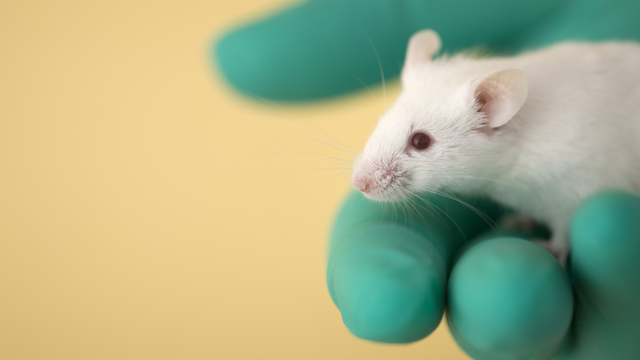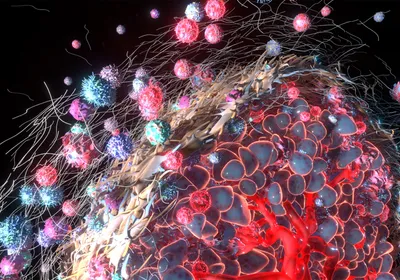 ISTOCK, SIDSNAPPER
ISTOCK, SIDSNAPPER
The wound-healing process after cancer surgery can cause dormant tumors to begin growing in injured mice, researchers reported yesterday (April 11) in Science Translational Medicine. The finding may explain why metastatic recurrence is common in breast cancer patients following surgery.
“It’s not the actual surgery, but instead, it’s the post-surgical wound response,” coauthor Robert Weinberg, a biologist at MIT, tells USA Today. “It is provoking already disseminated cells to begin to grow into clinically detectable metastases.”
Weinberg and his colleagues observed that T cells prevented tumors from proliferating by keeping them in a dormant state. They hypothesized that when the immune system is preoccupied with wound recovery, its ability to keep cancer cells in check is compromised. To test whether cancer surgery could cause the ...























